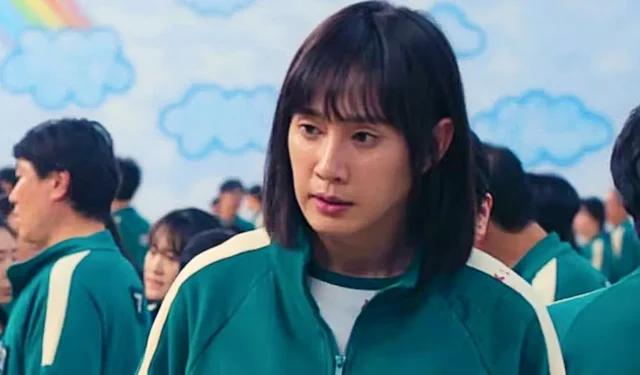
Squid Game creator and director Hwang Dong-hyuk has addressed the backlash regarding the casting of cisgender male actor Park Sung-hoon as Hyun-ju, a trans woman, in the eagerly awaited season 2 of the Netflix phenomenon. Hyun-ju, a former special forces soldier, risks everything to participate in a series of lethal children’s games, aiming to fund her gender-affirming surgery. The narrative unfolds with returning characters Gi-hun (Lee Jung-jae) and the enigmatic Front Man (Lee Byung-hun), diving deep into themes of capitalism, exploitation, class division, and humanity’s complexities.
In a recent interview with TV Guide, Hwang elaborated on his casting decision. The introduction of a trans character in Squid Game is a notable milestone for LGBTQ+ representation in Korean dramas, where such portrayals are often absent. Yet, this choice has sparked a debate online, as many are questioning the absence of a transgender actor in the role. Hwang shared his insights on this sensitive topic:
From the outset of conceptualizing Hyun-ju, I anticipated discussions around the casting choice. Initially, we aimed for authentic representation by considering a trans actor. However, our research revealed that there are very few, if any, openly trans actors in Korea. The LGBTQ community in the country, unfortunately, faces significant marginalization and neglect, which is disheartening.
Authentic casting proved nearly impossible, leading us to choose Park Sung-hoon. I have admired his work since his debut and have complete confidence in his talent to accurately portray this character.
Significance of Hyun-ju’s Casting in Squid Game
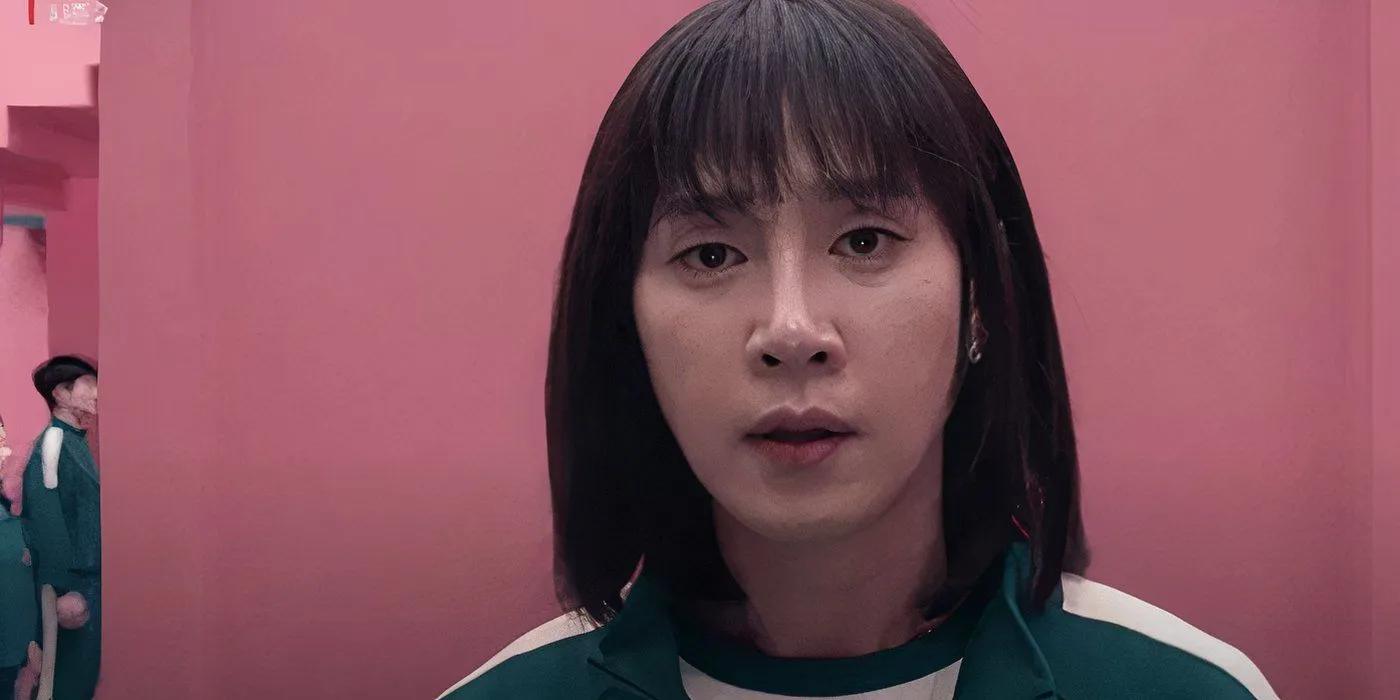
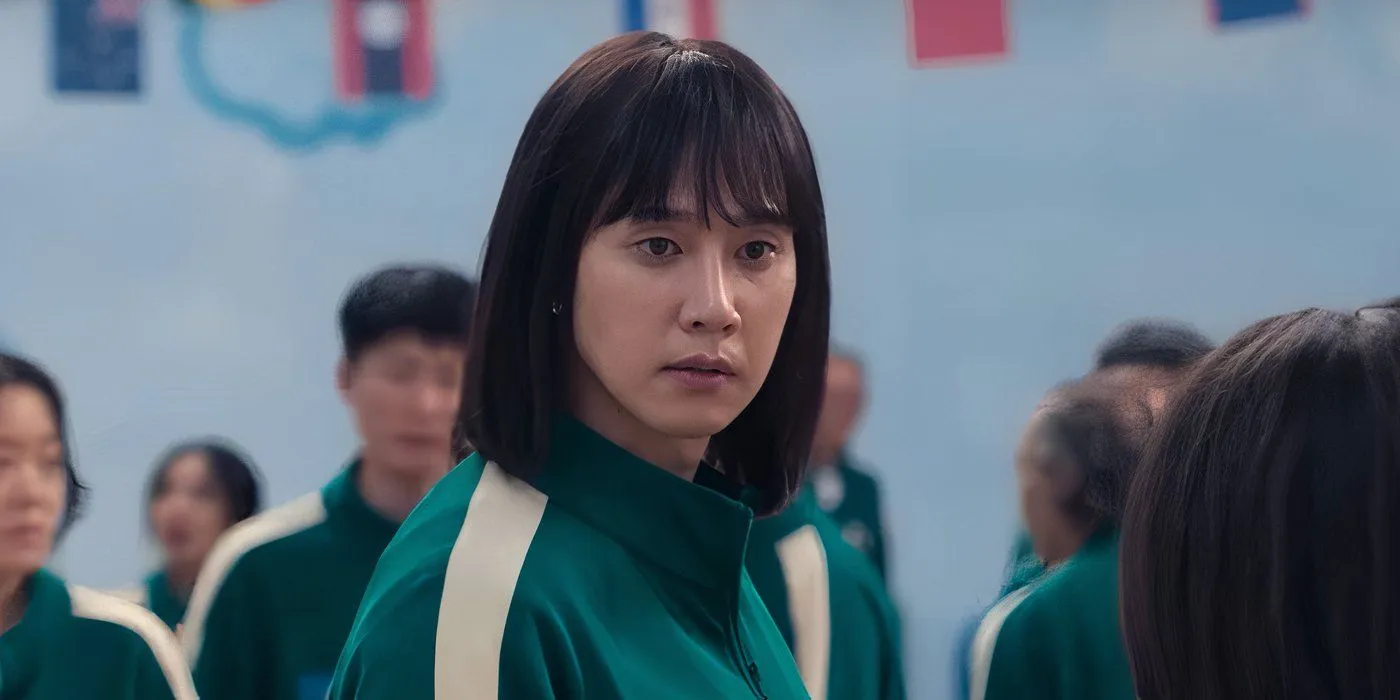

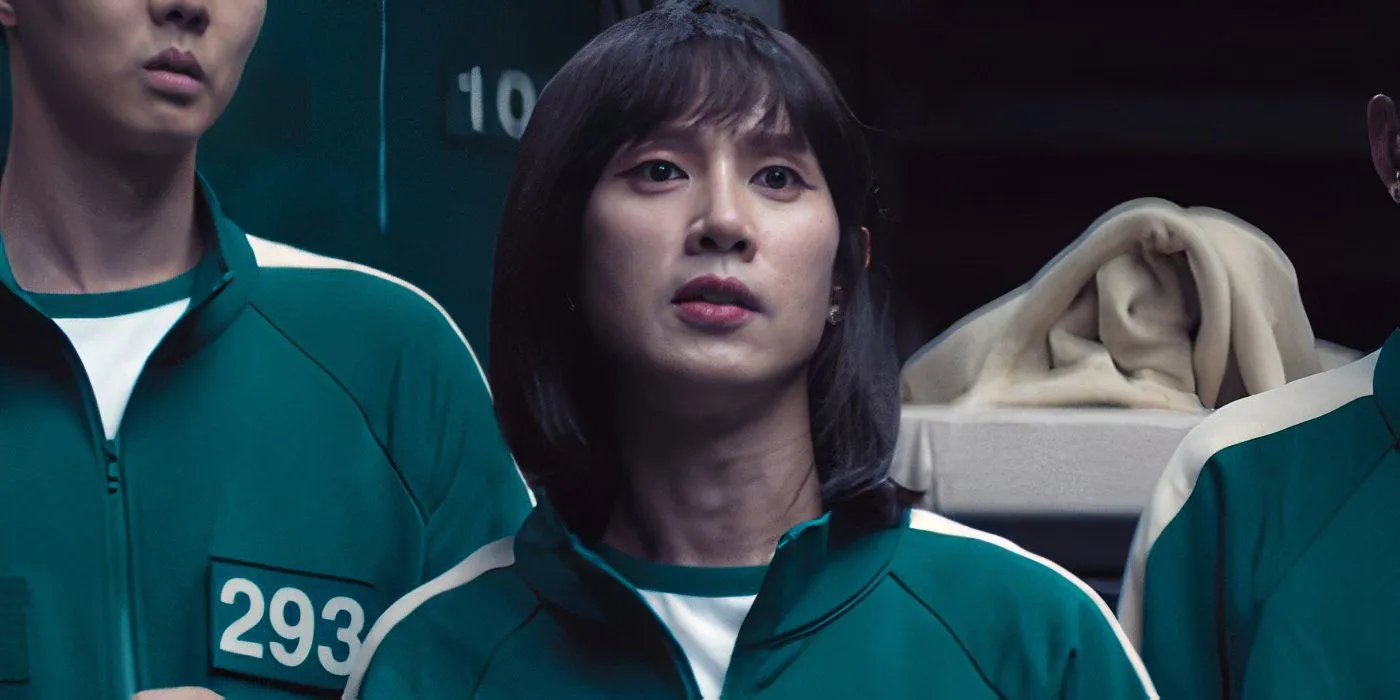
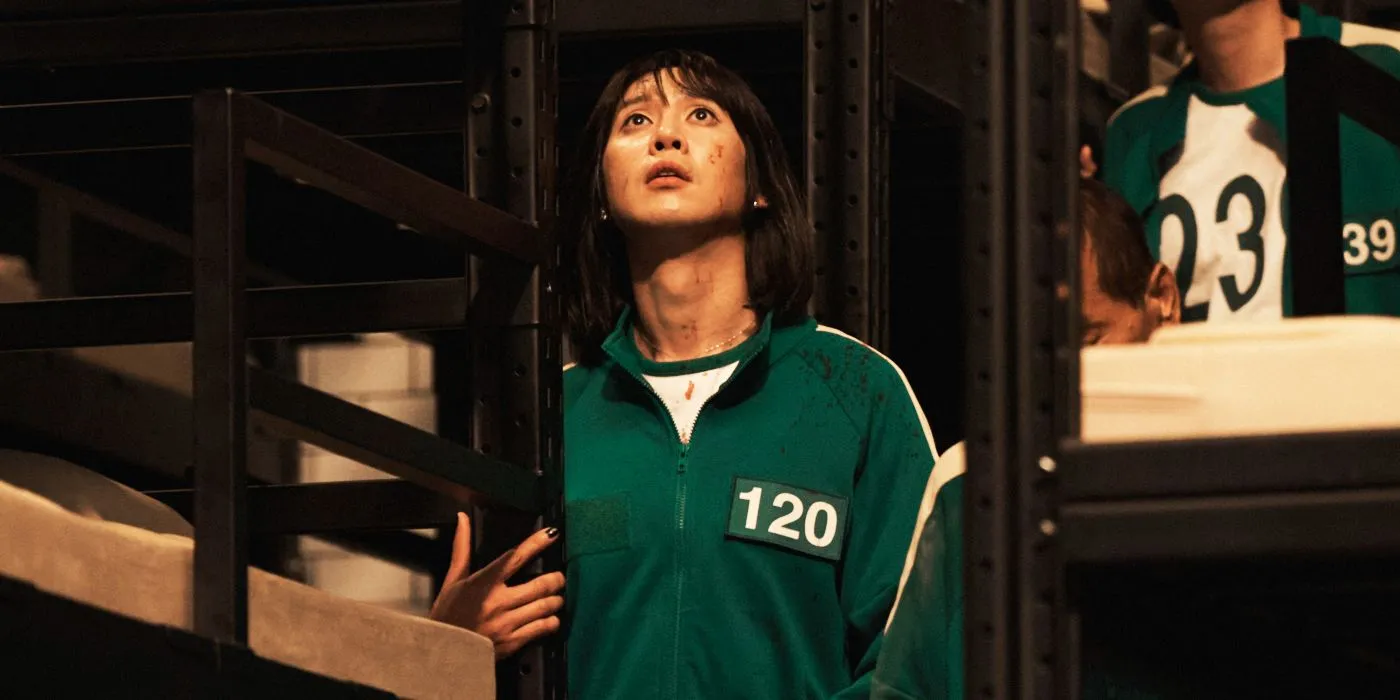
Hyun-ju’s character adds a vital layer of LGBTQ+ representation in Squid Game season 2, a noteworthy development in Korean media, where such visibility is still quite limited. As a trans woman contending with societal prejudice while attempting to survive deadly competitions, Hyun-ju embodies remarkable resilience and leadership in the face of adversity.
Despite her appearance marking progress in representation, the choice to cast a cisgender male raises questions about true authenticity in casting decisions. Hwang’s remarks highlight the considerable barriers to accessible roles for LGBTQ+ actors in South Korea, where cultural and legal issues continue to marginalize queer identities. The struggle for equality remains deep-rooted in a society where openly trans individuals often face significant risks.
Park’s portrayal brings complexity to Hyun-ju’s character, yet it also risks perpetuating stereotypes about trans identities, such as the misconception that trans women are simply “men pretending to be women.” Additionally, recent controversies, like that surrounding Emilia Perez, reveal that even with trans actors in prominent roles, inaccuracies and misrepresentation can arise. Nevertheless, Hyun-ju’s story could pave the way for greater acceptance and representation within Korean media while emphasizing the urgent need for genuine representation on a global scale.
Reflections on Hyun-ju’s Casting in Squid Game
Continuous Growth in Representation
YouTube Link
Hyun-ju’s addition to Squid Game season 2 undeniably marks a positive change for LGBTQ+ representation in Korean entertainment, a realm where such visibility is often scarce. Park’s compelling performance successfully honors the character’s essence. By introducing a trans character with a rich backstory and personal motivations, the series is challenging the typically cautious nature of the industry when it comes to LGBTQ+ narratives, which is a trend seen beyond South Korea as well.
Nonetheless, casting a cisgender male actor underscores the ongoing challenges related to authentic representation. Although Hwang’s reasoning sheds light on the obstacles faced by openly trans actors, it also points to the significant progress still required to cultivate an inclusive environment within the entertainment sector.
Consequently, Hyun-ju’s presence in a globally recognized series like Squid Game is profoundly significant. It possesses the potential to ignite crucial discussions about LGBTQ+ representation worldwide. While this moment is not without its imperfections, it symbolizes meaningful steps forward, reminding audiences of the critical work necessary to establish real equality. Ultimately, it is imperative for trans individuals to see themselves authentically portrayed on screen—an opportunity that has historically been afforded primarily to their cisgender counterparts.
Source: TV Guide




Leave a Reply